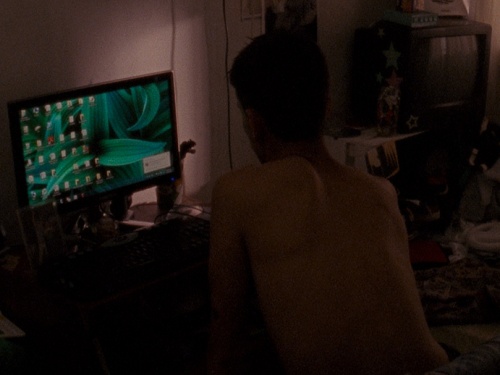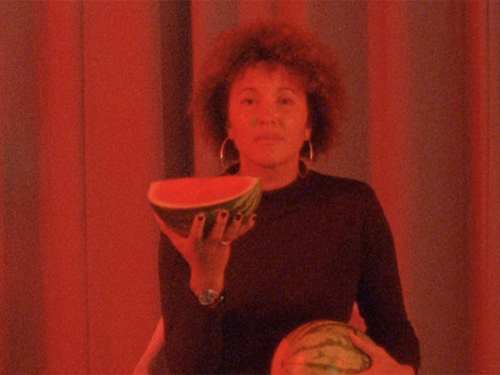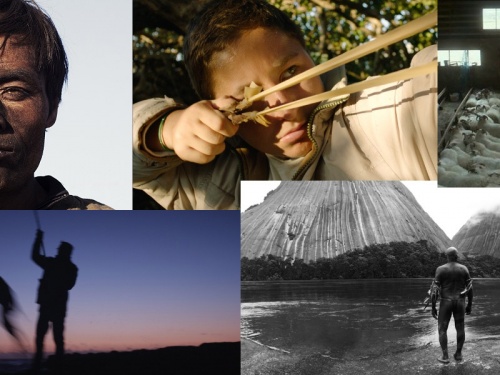Political Allegories and Moral Questions: Andrey Zvyagintsev at the ICA
Ahead of our Andrey Zvyagintsev Retrospective, which opens with The Return on 30 October, Nico Marzano introduces the films in the season. Considered to be one of the leading directors of his generation, Zvyagintsev’s films are dark Russian family dramas, told through a characteristic minimalist style and hauntingly beautiful cinematography. Often set in remote and unwelcoming landscapes or cloistered urban spaces, these films break with geographic constraints to explore moral and political territories beyond the borders of modern-day Russia.
The Return
Winner of the Golden Lion at the 2004 Venice Film Festival, The Return is Andrey Zvyagintsev’s stunning debut feature. At once enigmatic and psychologically acute, it blends a Tarkovskian atmosphere with biblical motifs. It is the story of Vanya (Ivan Dobronravov) and Andrey (Vladimir Garin), adolescent brothers who have grown up in the care of their mother (Natalia Vdovina) in a small, depressed town, their father having disappeared sometime after Vanya's birth. Despite being filmed in Russia, it is dedicated to exploring universal human questions. Not only visually astonishing, the film is also full of unsentimental images of a living, pulsing natural world that forms the backdrop to a breathtaking and dramatic journey.
The Return also experienced tragic real life drama. Once filming was complete, friends of the 15-year-old Vladimir Garin (Andrey) dared the actor to jump into a lake from the top of the same tower used to capture the film's opening sequence. He fell to his death.
The Banishment
Anyone familiar with Andrei Tarkovsky or Bela Tarr will find a companion piece in The Banishment. Just as Bela Tarr defined himself through his masterful use of black and white, with this film Zvyagintsev demonstrates how colour can be exquisite.
Based on an obscure William Saroyan title The Laughing Matter, Zvyagintsev fills his narrative with an array of religious and mythological references. Mysterious, confounding and unnerving, the compositions are defined by an incredible energy, revealing the dramatic beauty of the countryside in which his camera places us.
As with The Return, Zvyagintsev manages to remove The Banishment’s narrative from any particular time or place. The film is almost entirely set in the countryside, and while we’re granted sight of the city’s industrial district from which the characters hail, the city streets are as desolate as the vast rural landscape. There are cars and guns, but no clocks or other obvious references to passages of time. Neither fully in the future or the past, there is an undeniable, subtle science-fiction or otherworldly element to the film.
Elena
Awarded the Un Certain Regard prize at Cannes in 2011, Elena does not limit itself to the social climate of contemporary Russia, but becomes a multifaceted exploration of morality, grappling with broad existential questions. Zvyagintsev drops any attempt to read politics through rhetoric, instead approaching his subject though insistent use of mirrors, long shots and contrasting environments.
The film's use of space disrupts any one-dimensional reading of its narrative. Moving from the luxurious villa of Vladimir to the lifeless apartment of Helen's son, Elena expands the significance of its central event beyond the world of the family on which it is focused.
Leviathan
The Leviathan is a biblical monster, an extinct species of cetacean famously represented in the work of British philosopher, Thomas Hobbes. Used as a metaphor for the state’s absolute power, the Leviathan becomes a figure evocative of uncompromising ferociousness, a symbolic force that drags and destroys the characters found within this film.
Leviathan is a merciless portrait of contemporary Russia that simultaneously resonates with the biblical battle against layers of inequity and violence that shield the abuse of power. Yet it is still also a tender homage to Zvyagintsev’s homeland, evoking the ‘genetic link’ that the director has described as forever tying him to Russia.
Leviathan received an award for best screenplay at the 2014 Cannes Film Festival, followed by the Golden Globe for Best Foreign Language Film in 2015. This remarkable work is an immense allegory for the eternal clash between the individual and the villainy of those in power; the conflict between the righteous and the wicked. ■
The Andrey Zvyagintsev Retrospective runs 29 October - 3 November and is presented in collaboration with Cygnnet Publishing.
This article is posted in: Articles, Blog, Film
Tagged with: Andrey Zvyagintsev, Nico Marzano, Film, leviathan, The Return, Elena, The Banishment, Russia, Russian Politics










